Material Topic for BW LPG

Risk, Commitment, Value
Risk
Non-compliance with policies and procedures concerning hazardous spills, effluents, ballast water operations, waste, and ship recycling can compromise crew safety and environmental standards. This may lead to penalties, including restrictions on international operational capacity.
Commitment
We uphold responsible fleet operations by ensuring full compliance with all relevant international regulations and policies that aim to minimise the impact of operations on marine biodiversity.
Value
We provide a safe workplace for our crew as we maximise fleet availability for our customers, protect the environment and work collaboratively with flag and port states.
Approach
Water Management
The impact on water bodies resulting from operations is a key consideration for BW LPG, encompassing concerns such as noise pollution and the protection of marine areas. The company places emphasis on effective management of ballast water and effluents discharge to mitigate adverse effects. The company has implemented measures for incident pollution management, ensuring a comprehensive approach to safeguarding water ecosystems and minimizing the environmental footprint associated with its activities.
-> Read More about Water Management
Waste Management
We recognise the potential impact of waste generated on biodiversity, especially in marine protected areas. We focus on the reduction, recycling, and treatment of waste. Effective management of hazardous materials use, and disposal is a priority, which are conducted in alignment with responsible environmental practices. Additionally, BW LPG is dedicated to overseeing ship recycling processes responsibly, optimising the use of waste materials and components.
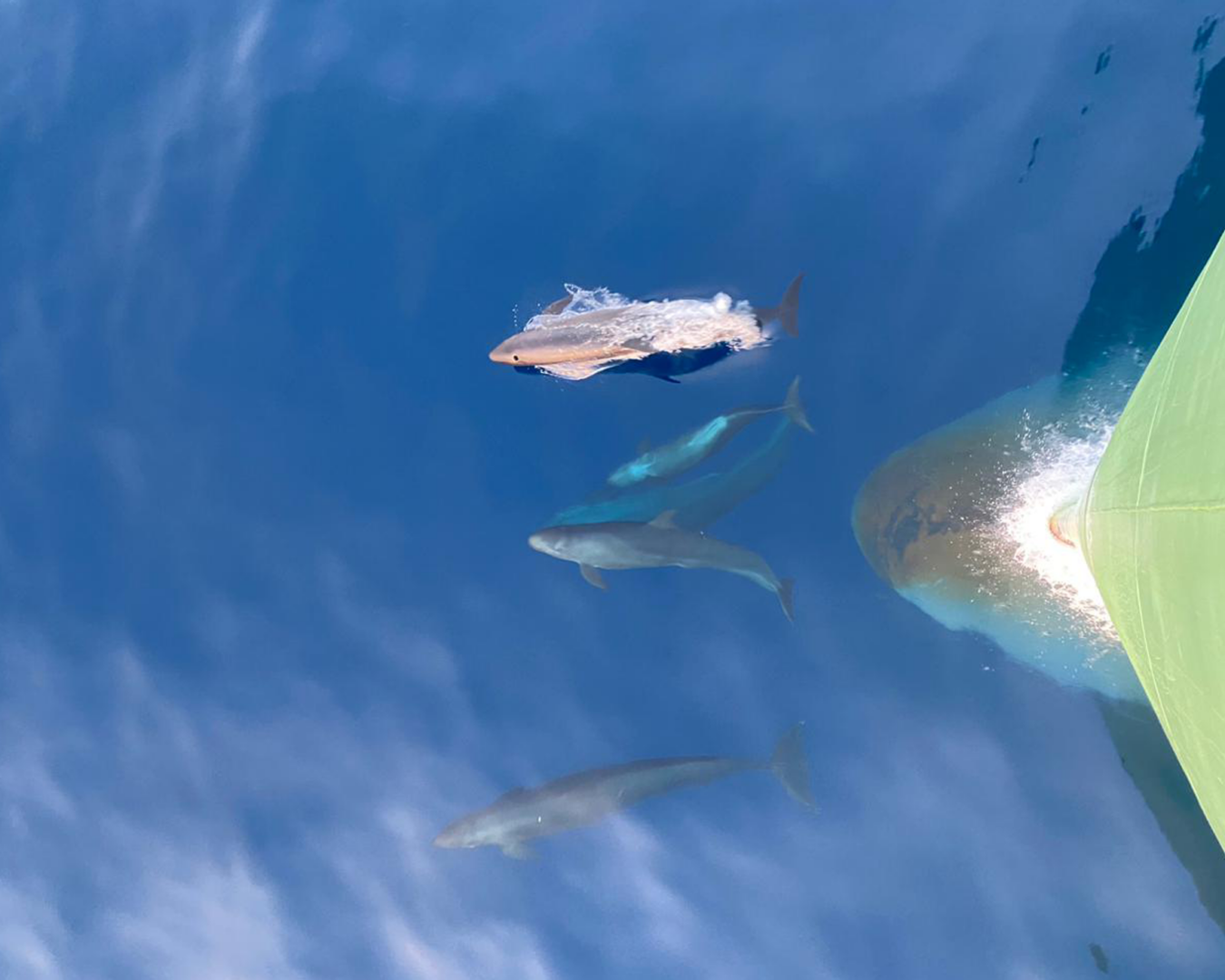
Ballast Water
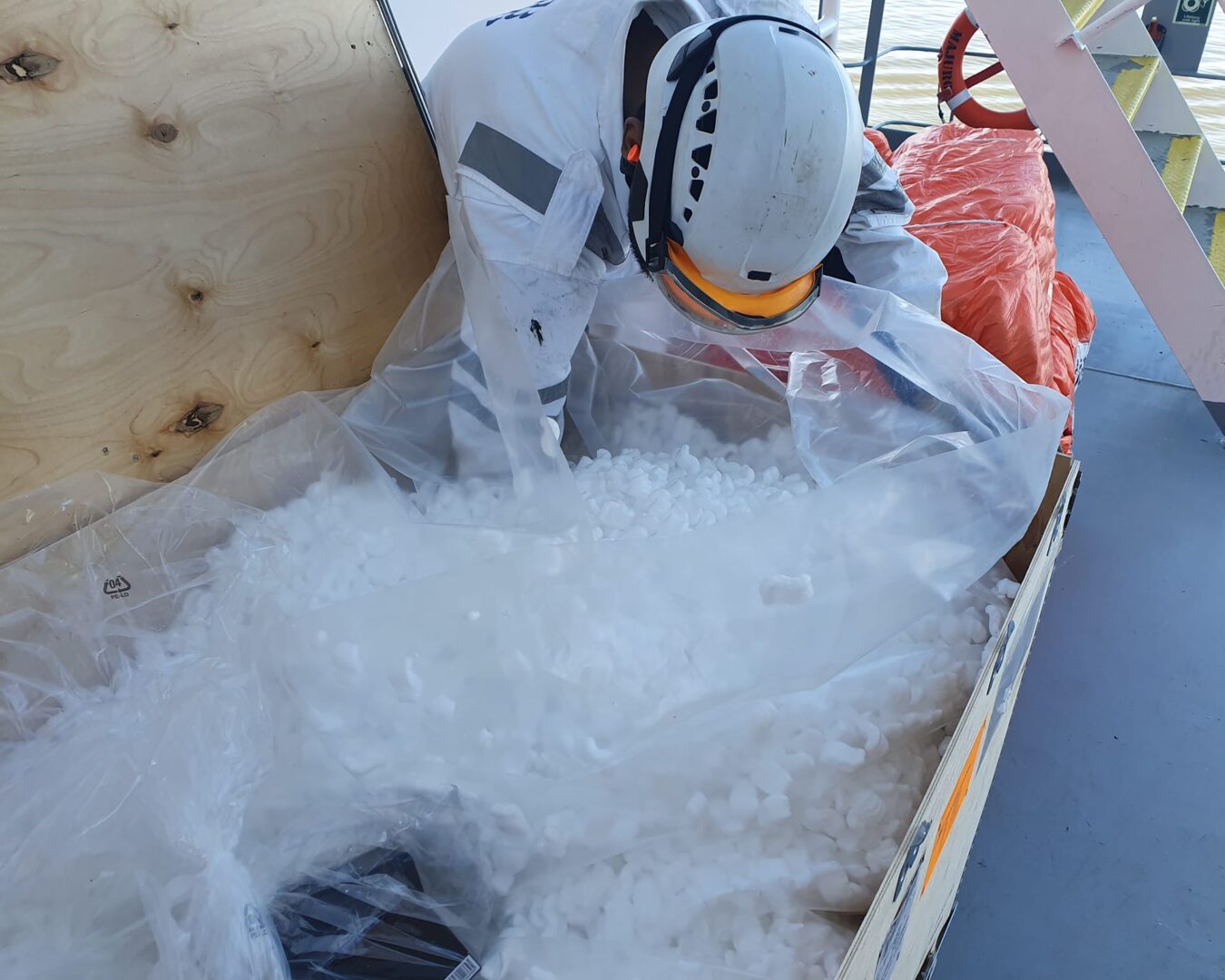
Waste Management
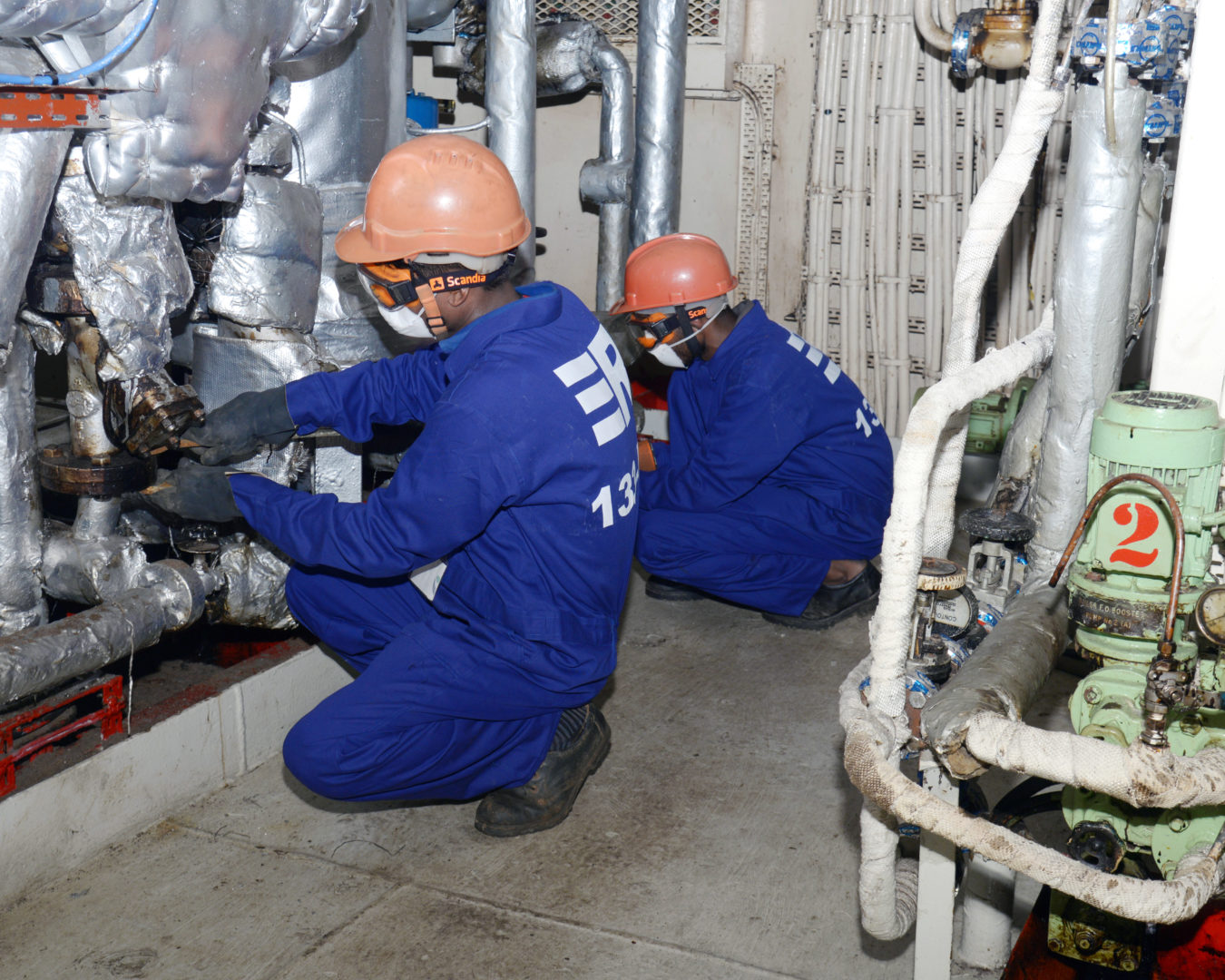
Ship Recycling
Targets and Metrics
Targets
Our ambition is to improve operational efficiency and reduce our environmental footprint. Our strategy is to limit our harmful gas and water emissions, and reduce waste generated from our operations and activities.
Metrics
To assess and manage climate-related risks and opportunities, we identify and track Key Performance Indicators (KPIs).
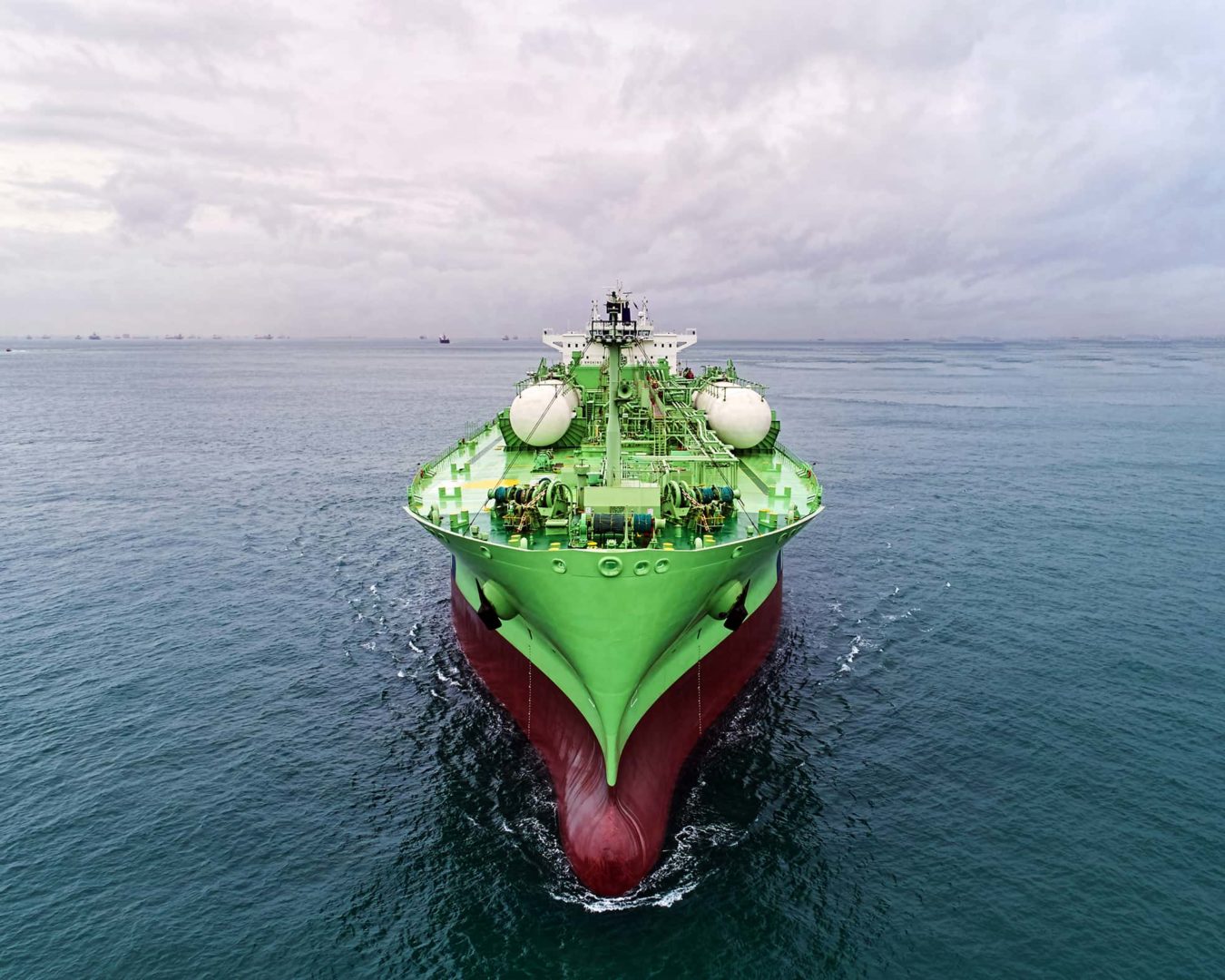
Sustainability Strategy and Governance
Guided by our Vision and Purpose, our sustainability strategy is based on three key pillars and are underpinned by our CARE values.
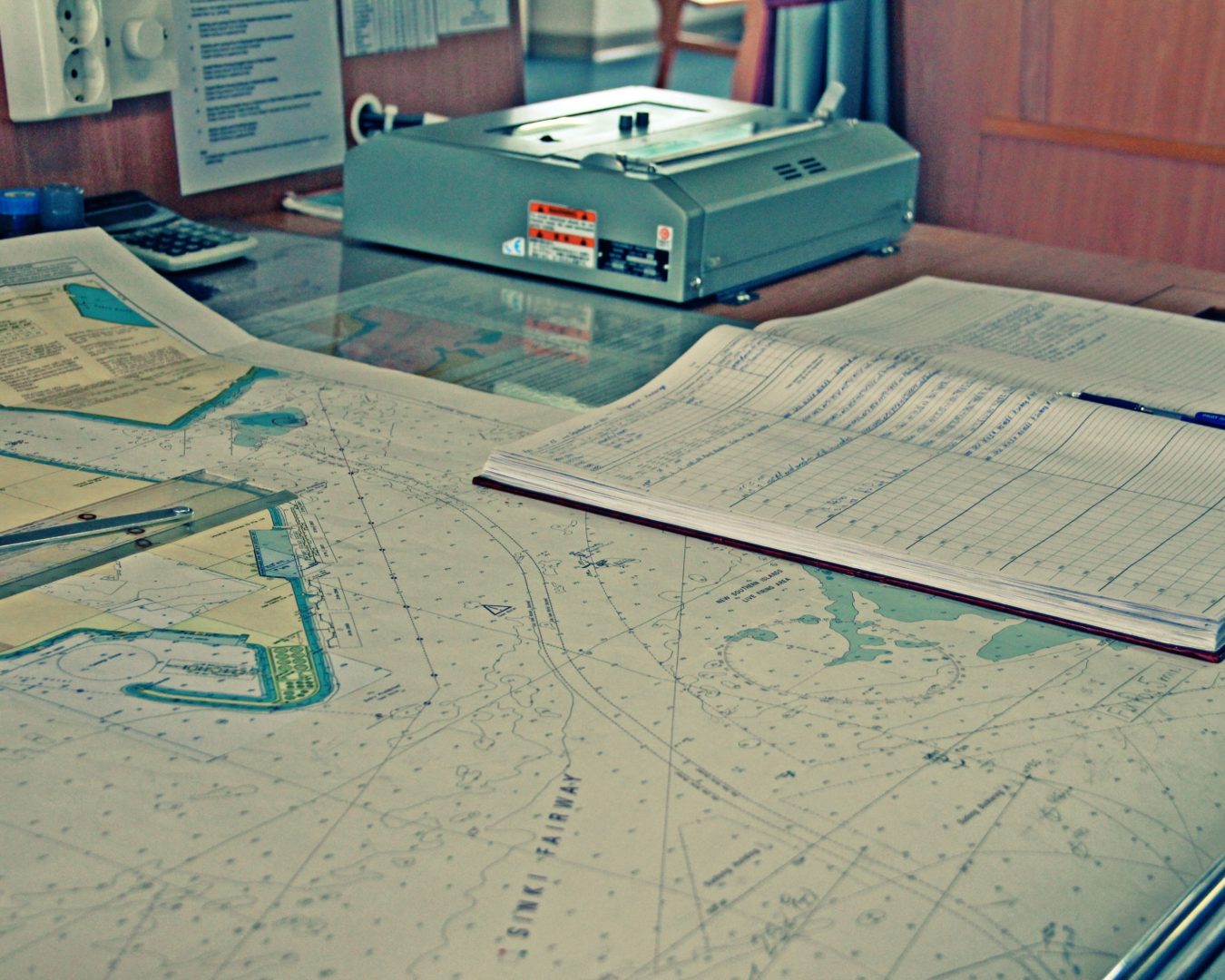
Targets and Performance
Committing ourselves to the transparent sharing of information on key ESG metrices so as to monitor our performance.
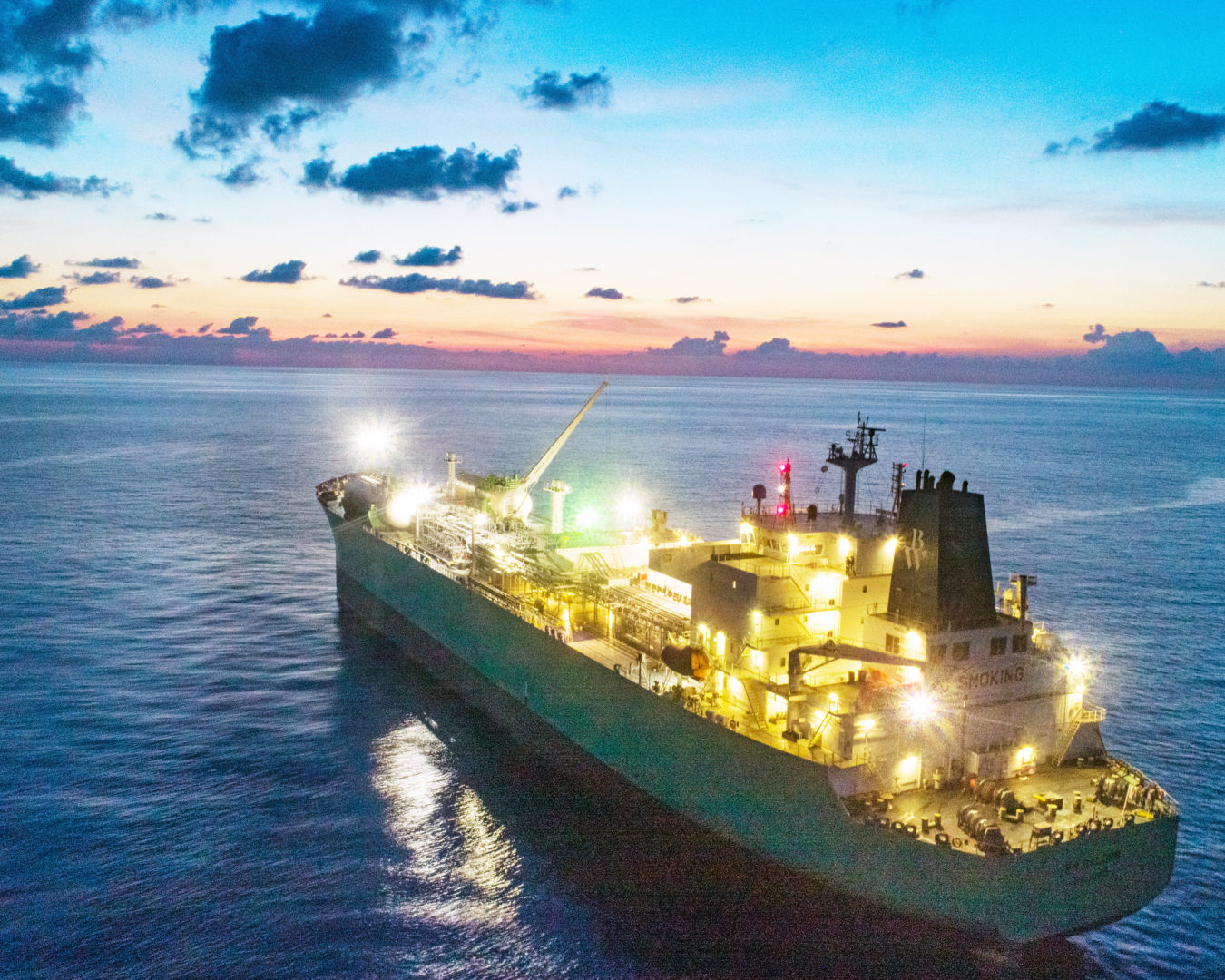
Policies and Guidelines
Communicating our standards for business conduct clearly and transparently through policies and guidelines.

